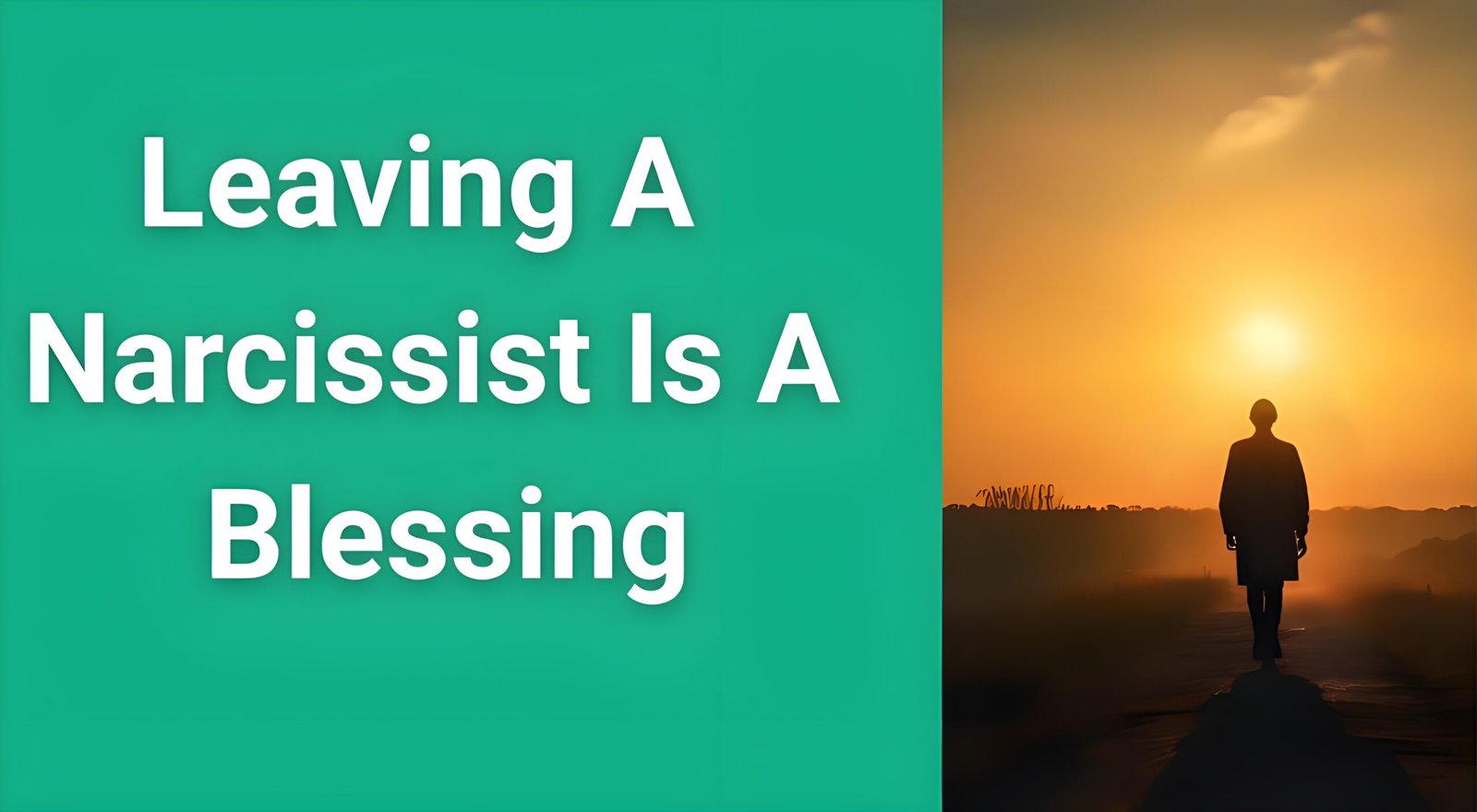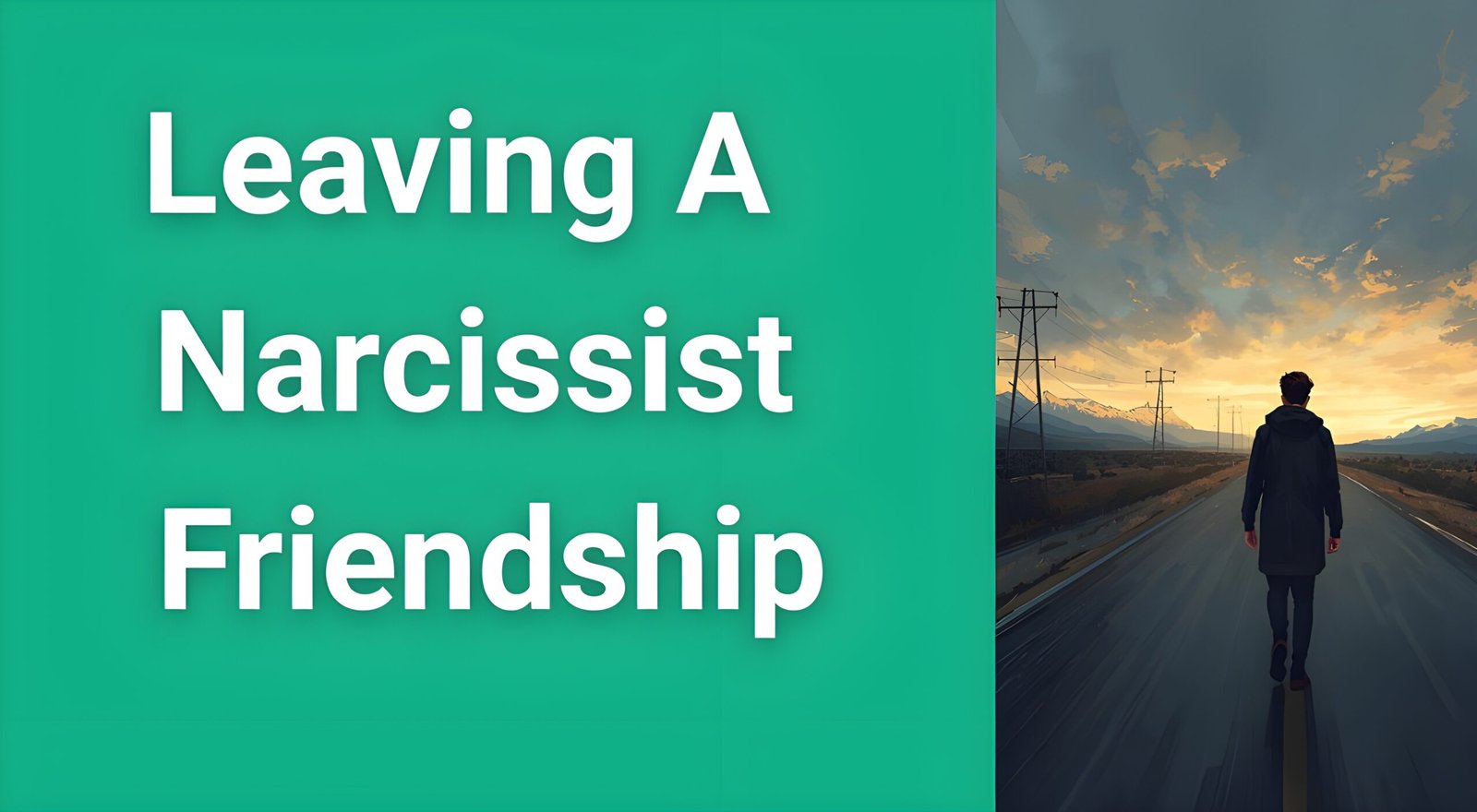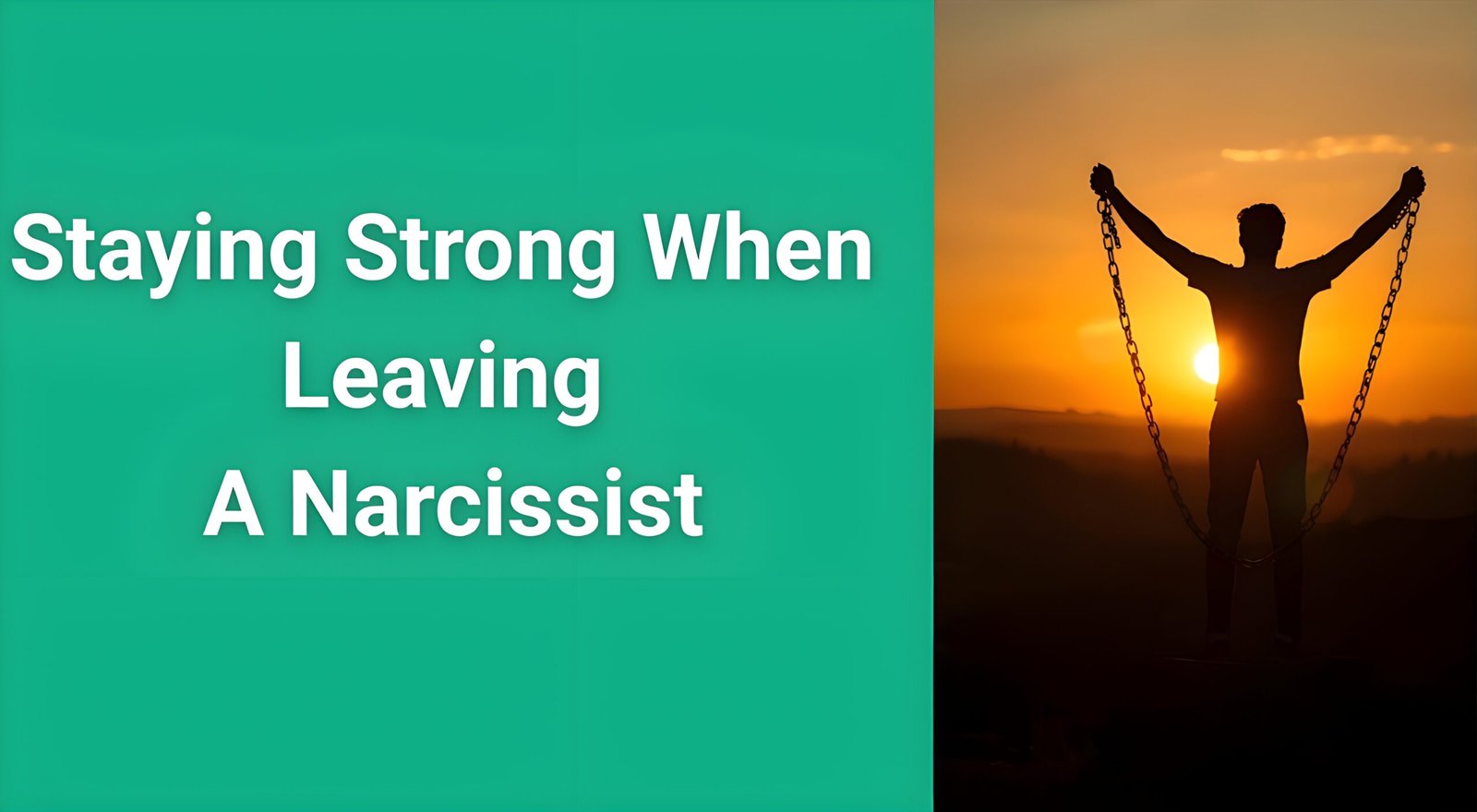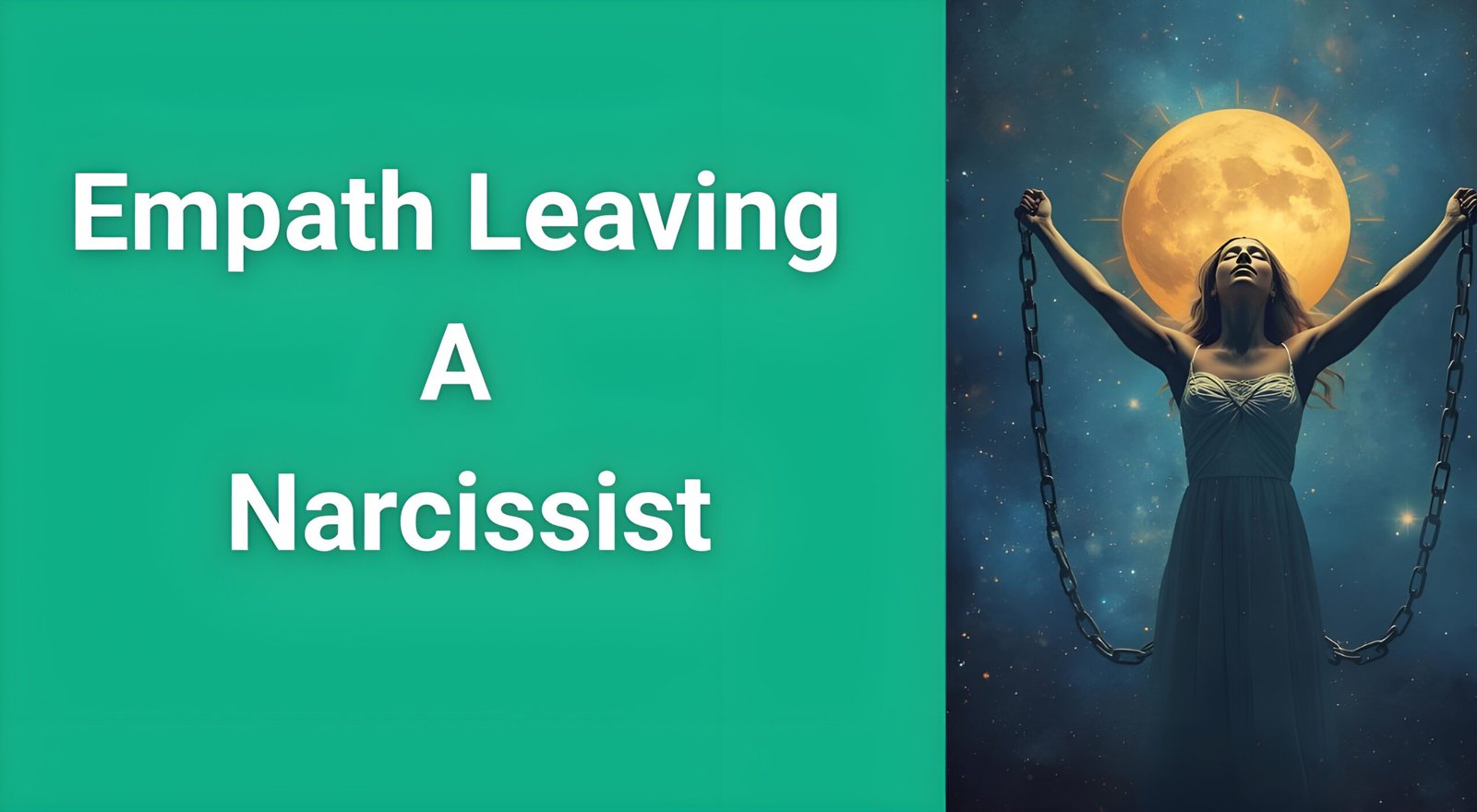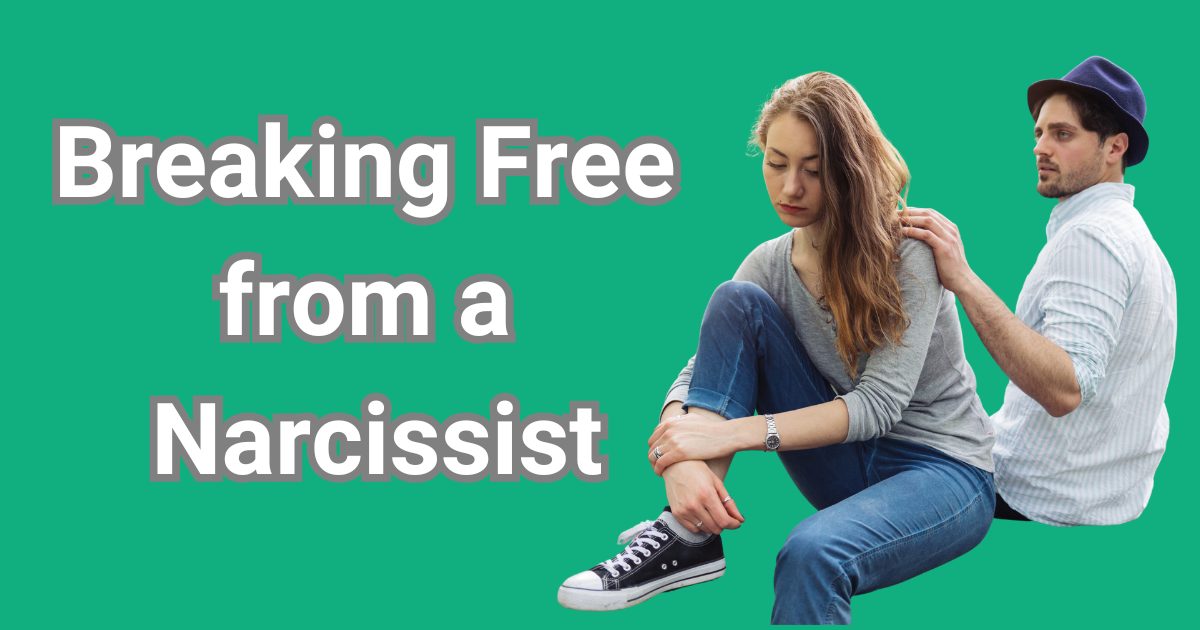If you’ve recently ended a relationship with a narcissist, you might be feeling confused, devastated, or even questioning your decision. Let me tell you something that might be hard to believe right now: leaving a narcissist is a blessing, even if it doesn’t feel that way yet. This comprehensive guide will help you understand why your freedom from narcissistic abuse is the greatest gift you could give yourself, and how to navigate your healing journey.
- The Truth About Why Leaving a Narcissist is a Blessing
- 10 Powerful Reasons Why Leaving a Narcissist is a Blessing
- The Stages of Recovery: What to Expect
- Practical Steps for Your Recovery Journey
- Signs You’re Healing: Recognizing Your Progress
- When You Need Professional Support
- Breaking the Trauma Bond: Your Path to Freedom
- What If You Can’t Leave Yet?
- Creating Your New Life: Beyond Survival to Thriving
- Moving Forward: Your Questions Answered
- Your Blessing Begins Today
- Frequently Asked Questions
The Truth About Why Leaving a Narcissist is a Blessing
When you first escape a narcissistic relationship, your mind may be flooded with doubt. The trauma bond created through cycles of abuse and false affection can make you feel like you’ve lost something precious. But here’s what’s actually happening: you’ve just dodged a bullet that could have destroyed years more of your life.
Leaving a narcissist is a blessing because it ends the systematic destruction of your sense of reality, self-worth, and mental health. Every day you stayed was another day of psychological manipulation designed to keep you trapped in a web of confusion and dependency.
Understanding the Narcissistic Abuse Cycle
Before we explore why your freedom is a blessing, it’s crucial to understand what you escaped. Narcissistic abuse follows predictable patterns:
Love Bombing Phase: The narcissist overwhelms you with attention, affection, and promises. This creates intense chemical bonds in your brain, similar to addiction.
Devaluation Phase: Gradually, the mask slips. Criticism, gaslighting, and emotional withdrawal become regular occurrences. Your self-esteem begins to erode.
Discard Phase: When the narcissist has extracted maximum supply or found a new source, they abandon you with shocking coldness.
This cycle creates trauma bonding – a psychological phenomenon where you become addicted to the intermittent reinforcement of affection and abuse. Breaking free from this cycle is not just healthy; it’s essential for your survival.
10 Powerful Reasons Why Leaving a Narcissist is a Blessing
1. You Reclaim Your Reality
Gaslighting makes you question your own perceptions, memories, and sanity. When you leave, the fog of confusion begins to lift. You start remembering who you were before the manipulation began.
2. Your Self-Worth Can Heal
Narcissistic abuse systematically destroys self-esteem through constant criticism, comparison, and blame. Freedom allows you to rebuild your sense of inherent value without daily attacks on your character.
3. You Escape Financial Exploitation
Many narcissists use financial control as a weapon. They may have depleted your savings, damaged your credit, or prevented you from working. Leaving stops this financial abuse and gives you the chance to rebuild your economic independence.
4. Your Physical Health Improves
The chronic stress of living with a narcissist takes a severe toll on your body. Headaches, insomnia, digestive issues, and autoimmune problems often improve significantly after leaving a toxic relationship.
5. You Stop Walking on Eggshells
That constant anxiety about saying or doing the wrong thing finally ends. You can speak freely, make decisions without fear of explosive reactions, and simply exist without hypervigilance.
6. Your Children Are Protected
If you have children, removing them from a narcissistic environment protects their developing minds from psychological damage. Children of narcissists often struggle with anxiety, depression, and relationship issues into adulthood.
7. You Can Form Healthy Relationships Again
Narcissistic abuse damages your ability to trust and connect authentically. Recovery allows you to develop relationships based on mutual respect, genuine love, and healthy communication.
8. Your True Personality Emerges
After months or years of suppressing your authentic self to avoid conflict, you get to rediscover who you really are. Your interests, opinions, and dreams that were dismissed or mocked can finally flourish.
9. You Develop Unshakeable Inner Strength
Surviving narcissistic abuse and choosing to leave requires incredible courage. This experience, while traumatic, reveals a strength within you that can never be taken away.
10. You Break Generational Patterns
By leaving, you refuse to model toxic relationship dynamics for your children or younger family members. You become the generation that says “no more” to abuse.
The Stages of Recovery: What to Expect
Understanding the recovery process helps normalize the rollercoaster of emotions you’re experiencing. Healing from narcissistic abuse typically involves several stages:
Stage 1: Shock and Disbelief (Weeks 1-4)
You may feel numb, disconnected, or in denial about what happened. This is your mind’s way of protecting you from overwhelming trauma.
Stage 2: Anger and Rage (Months 1-3)
As the shock wears off, anger emerges. You’re furious about the lies, manipulation, and wasted time. This anger, while uncomfortable, is actually healing.
Stage 3: Bargaining and False Hope (Months 2-6)
You might romanticize good memories or believe the narcissist will change. This is normal but temporary. Remember: their behavior patterns are deeply ingrained personality traits, not temporary problems.
Stage 4: Depression and Grief (Months 3-12)
You’re not just grieving the relationship; you’re mourning the person you thought they were and the future you imagined. This is necessary emotional work.
Stage 5: Acceptance and Reconstruction (Year 1 and beyond)
You begin accepting reality and focusing on rebuilding your life. This stage involves developing new routines, relationships, and a stronger sense of self.
Practical Steps for Your Recovery Journey
Establish Complete No Contact
If possible, cut all communication channels. Block phone numbers, email addresses, and social media accounts. No contact is the most effective way to break trauma bonds and prevent further manipulation.
Create a Support Network
Surround yourself with people who understand narcissistic abuse. This might include:
- Therapists specializing in trauma recovery
- Support groups for abuse survivors
- Trusted friends and family members
- Online communities of fellow survivors
Practice Daily Self-Care
Your nervous system needs intensive healing after chronic stress. Prioritize:
- Adequate sleep (7-9 hours nightly)
- Nutritious meals to support brain healing
- Regular exercise to process trauma from your body
- Mindfulness practices like meditation or deep breathing
- Creative outlets that bring you joy
Rebuild Your Identity
You may have lost touch with your authentic self during the relationship. Reconnect by:
- Journaling about your thoughts and feelings
- Exploring interests you had before the relationship
- Setting small, achievable goals
- Celebrating your progress, no matter how small
Learn About Narcissistic Abuse
Education is empowering. Understanding the psychology behind narcissistic behavior helps you process your experience and avoid similar situations in the future.
Signs You’re Healing: Recognizing Your Progress
Recovery isn’t linear, but certain signs indicate you’re moving forward:
- You can think about the narcissist without intense emotional reactions
- Your self-confidence is returning
- You’re setting healthy boundaries with others
- You feel excited about future possibilities
- You trust your own perceptions and judgments
- You’re forming new, healthier relationships
- You feel genuinely happy for extended periods
When You Need Professional Support
While leaving a narcissist is a blessing, the recovery process can be complex and challenging. Consider professional help if you’re experiencing:
- Persistent thoughts of self-harm
- Severe depression or anxiety
- Difficulty functioning in daily life
- Substance abuse as a coping mechanism
- Inability to form new relationships after significant time
Sometimes, getting expert guidance can accelerate your healing process. If you’re struggling to make sense of what you experienced, a Narcissistic Abuse Clarity Report can provide professional analysis of your specific situation, helping you understand exactly what you endured and why you feel so confused.
Breaking the Trauma Bond: Your Path to Freedom
One of the biggest challenges after leaving a narcissist is overcoming the trauma bond – that magnetic pull that makes you want to return despite knowing the relationship was harmful. This isn’t weakness; it’s neuroscience.
Trauma bonds create actual changes in your brain chemistry. The intermittent reinforcement of affection and abuse triggers the same reward pathways as drug addiction. Breaking these bonds requires specific strategies that work with your brain’s healing process, not against it.
For those struggling with obsessive thoughts about their former partner, checking social media compulsively, or feeling unable to resist contact, a structured approach to trauma bond recovery can be life-changing. The 30-Day Trauma Bond Recovery Workbook offers science-based techniques to rewire your brain and break free from the psychological addiction to your abuser.
What If You Can’t Leave Yet?
Sometimes, leaving isn’t immediately possible due to financial constraints, children, or safety concerns. If this is your situation, know that leaving a narcissist is still a blessing you’re working toward, and there are ways to protect your mental health while you plan your exit.
Surviving in a narcissistic environment while preparing to leave requires specific strategies for:
- Maintaining your sanity under constant manipulation
- Protecting your children from psychological damage
- Building resources quietly and safely
- Creating an escape plan that prioritizes your security
Remember, even if you can’t leave today, every small step toward freedom is progress. Your eventual departure will still be the blessing that transforms your life.
Creating Your New Life: Beyond Survival to Thriving
Leaving a narcissist is a blessing that opens the door to possibilities you may have forgotten existed. As you heal, you’ll discover:
Authentic Relationships: People who love you without trying to control or change you. Relationships based on mutual respect, genuine affection, and healthy communication.
Personal Growth: The opportunity to explore your interests, develop your talents, and pursue dreams that were dismissed or sabotaged.
Inner Peace: The absence of chronic stress, anxiety, and hypervigilance. The ability to relax and feel safe in your own home.
Self-Trust: Confidence in your own perceptions, decisions, and judgments. No longer second-guessing everything you think or feel.
Emotional Freedom: The ability to feel the full range of human emotions without fear of explosive reactions or punishment.
Moving Forward: Your Questions Answered
Is it normal to miss them despite the abuse?
Absolutely. Missing a narcissist doesn’t mean you made a mistake leaving. It means you’re human and the trauma bond hasn’t fully healed yet. This feeling will fade as you continue your recovery.
How long does it take to recover fully?
Recovery timelines vary greatly depending on factors like:
- Length of the relationship
- Severity of abuse
- Your support system
- Whether you seek professional help
- Your commitment to healing practices
Some people feel significantly better within months, while others need years to fully heal. Be patient with your process.
Will I ever be able to trust again?
Yes, but it takes time and often professional support. Your ability to trust was damaged by deliberate manipulation, not by some inherent flaw in your character. With proper healing, you can learn to trust appropriately again.
What if they try to come back?
Narcissists often attempt to “hoover” former partners back into relationships, especially when their new supply isn’t meeting their needs. Stay strong in your no-contact boundaries. Remember why you left and don’t let temporary loneliness override your hard-won freedom.
How do I explain to others what happened?
You don’t owe anyone a detailed explanation. For those who matter, a simple “It was an unhealthy relationship that I needed to end” is sufficient. Narcissists are often charming in public, so some people may not understand the private abuse.
Your Blessing Begins Today
If you’re reading this while still in a narcissistic relationship, know that your blessing awaits you on the other side of that decision to leave. If you’ve already left, congratulations – you’ve already received one of the greatest gifts you could give yourself.
Leaving a narcissist is a blessing because it returns control of your life to where it belongs: with you. It ends the daily destruction of your spirit and begins the process of rebuilding yourself stronger than before.
The confusion, grief, and fear you’re feeling are temporary. The strength, wisdom, and freedom you’ll gain are permanent. Trust the process, be patient with your healing, and remember that choosing yourself over a toxic relationship is always the right decision.
Your future self – the one who is healed, happy, and whole – is already thanking you for the courage you’re showing today. Every day of freedom is a day of blessing, even when it doesn’t feel that way yet.
The narcissist may have taken months or years from your past, but they cannot touch your future. That belongs entirely to you, and it’s going to be beautiful.
Frequently Asked Questions
Q: How do I know if leaving was the right decision if I still love them?
A: Love and toxicity can coexist. The fact that you experienced love doesn’t mean the relationship was healthy or worth preserving. Real love doesn’t involve systematic manipulation, gaslighting, or emotional abuse.
Q: What if they were right about my flaws and I am the problem?
A: This is a common concern after narcissistic abuse. Healthy people in healthy relationships help you grow without destroying your self-worth. Even if you had flaws, abuse was never the appropriate response.
Q: Will the pain of leaving ever go away?
A: Yes. The acute pain of leaving fades as you heal. What remains is strength, wisdom, and gratitude for your freedom. Most survivors report feeling grateful they left once they’ve processed the trauma.
Q: How can I be sure I won’t attract another narcissist?
A: Education about red flags, therapy to address any unhealed trauma, and developing strong boundaries significantly reduce this risk. Many survivors go on to have beautiful, healthy relationships.
Q: Is it possible they’ll change and I’m missing out?
A: Narcissistic Personality Disorder is a deeply ingrained pattern of behavior. While change isn’t impossible, it’s extremely rare and requires years of intensive therapy that the narcissist must voluntarily pursue. Don’t sacrifice your wellbeing hoping for change that likely won’t come.

